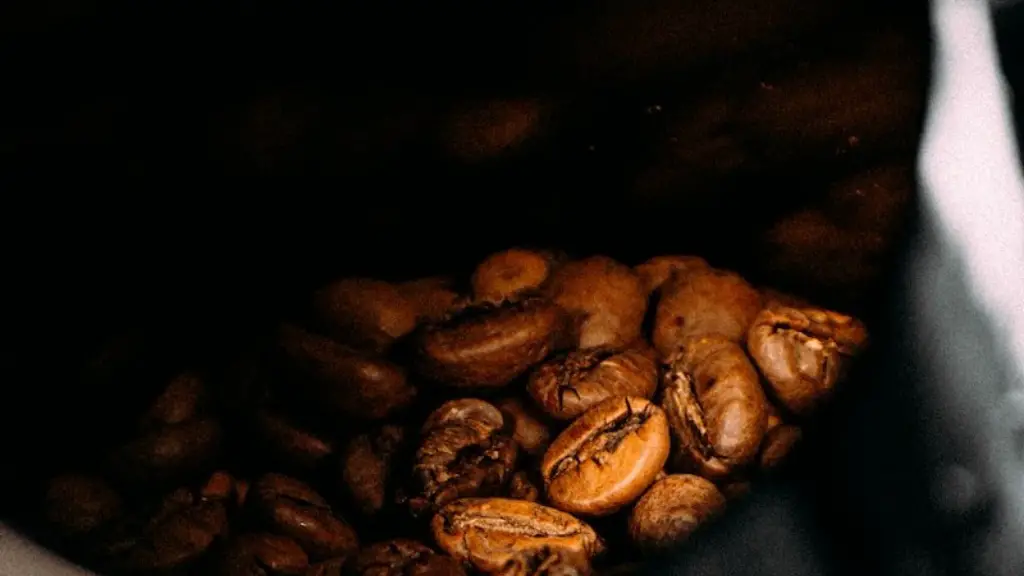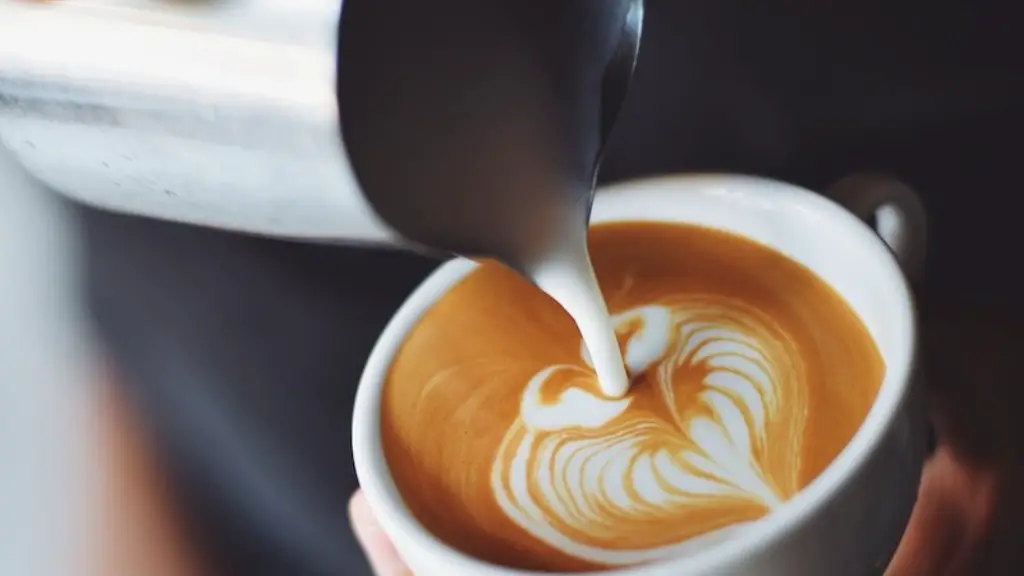Tea Drinking in the UK
Tea drinking is a centuries-old tradition in the UK, with several varieties to choose from.It has been a favorite of the British since at least the 17th century, and its popularity has not decreased since then. From black Assam to delicate English Breakfast, tea has become synonymous with the United Kingdom. But have the British given up on tea in favor of the more recent coffee trend?
Data shows that the average UK citizen drinks a whopping 165 liters of tea per year. This annual consumption is much higher than that of coffee – with the average UK citizen consuming only 40 liters of coffee per year.
These figures confirm that the British do favor tea over coffee, though both drinks remain popular. While it might seem like tea is becoming more popular in recent years, figures show that tea consumption has stayed relatively consistent since the 1940s.
Experts in the tea industry suggest that tea consumption is so high in the UK because it’s seen as a comforting beverage. Additionally, many people enjoy how easy it is to make – just add water and you’re ready to go! Tea has also become a proper tea ceremony in the UK – complete with a carefully brewed pot, a selection of biscuits, and a proper tea set.
The tea industry is highly competitive in the UK, with several main manufacturers vying for attention. Brands like PG Tips, Typhoo, Yorkshire Tea, and Twinnings are some of the most popular. These manufacturers have invested a lot in marketing to make their brands recognizable. This means that customers have a wide variety of different types of tea to choose from.
The fact that the British are so committed to tea drinking is a testament to the strong cultural heritage of the drink. Tea has become a daily ritual for many people in the UK, and even though the coffee trend is growing, it’s clear that tea will remain a beloved drink for years to come.
Economic Effect
The wealth of tea-drinking in the UK has had a significant economic effect on the country as a whole. Tea imports to the UK have seen a steady rise in recent years, with commercial imports now totaling 564 million kg, up from 541 million kg in 2017. The UK is now the world’s second-largest importer of tea, behind only the US.
The rising demand for tea has brought in a considerable amount of revenue for tea factories and supermarkets, as well as hospitals, restaurants, and other commercial tea-drinking establishments. It has also resulted in higher wages for tea farmers, tea plantation workers, and tea merchants. According to estimates, the total economic value of tea-drinking in the UK is over $25 billion, with a potential for further growth in the coming years.
This economic impact of tea-drinking reflects just how important the beverage is to the UK. The rising demand for tea has made it an integral part of the nation’s economic landscape and it is likely to remain so in the foreseeable future.
Tea vs. Coffee
The question of whether the British drink more tea or coffee has been around for some time. To many, the answer seems obvious – the British clearly drink a lot more tea than coffee. While the difference between how much tea and how much coffee is consumed by the average citizen is quite clear, it is slightly more nuanced when looking at total consumption.
When it comes to coffee, the UK is the 28th largest coffee-drinking nation in the world, with citizens consuming around 1.7 kg of coffee per person each year. This number is significantly lower than the average UK citizen’s tea-drinking rate – which is 10.1 kg of tea per person per year. However, when taking into account the entire United Kingdom, including Northern Ireland, total coffee consumption is slightly higher than that of tea.
This is likely because of the number of coffee chains and shops sprouting up across the country over the past decade.
In terms of overall beverages consumed, tea remains the favorite of the British, with coffee a distant second. While coffee has become more popular in recent years, it doesn’t seem likely that it will overtake tea as the preferred beverage of the British – anytime soon.
Market Trends
Tea consumption in the UK has seen a steady increase over recent decades, with growth especially pronounced since the 1990s. This is likely due to the rise of specialty tea shops and brands, as well as an increase in the availability of tea in supermarkets. In addition, the rise of takeaway tea has meant that people have more convenient access to their favorite beverage.
The growth of tea consumption also coincides with the rise of health awareness. Tea is seen as a healthy drink, with many studies suggesting that it can have myriad benefits. This has been a huge advantage for the tea industry, as it is much easier to encourage people to drink more tea if it is associated with health benefits.
The tea industry in the UK is constantly innovating, with new varieties and flavors being developed each year. This means that there is always something new for tea lovers to try. For example, herbal teas are becoming increasingly popular, as are exotic teas from countries such as China and India.
This variety of tea is likely to continue, as tea remains an incredibly popular drink in the UK. The market is highly competitive and brands are using clever marketing to draw in customers and build loyalty. As such, tea consumption in the UK is likely to remain high in the foreseeable future.
Health Perspectives
While tea consumption remains high in the UK, there are some health concerns associated with it. Tea contains caffeine, which can cause heart palpitations and nausea if consumed in large amounts. It can also affect sleep quality, so it is important to moderate how much tea is drunk. Especially when it comes to children and pregnant women – who should limit their caffeine intake.
Additionally, some teas can contain high levels of pesticides and other dangerous chemicals, so it’s important to check the labels on tea products to ensure that you are not consuming something that might cause harm. It is also important to note that sweetened teas can contain high levels of sugar, which is bad for health.
Despite these health concerns, tea generally remains a healthy drink. Studies have suggested that it can reduce the risk of some diseases, such as heart disease and stroke, as well as certain types of cancer. Additionally, some teas could potentially help to reduce inflammation, boost the immune system, and even improve cognitive function.
Overall, tea remains a popular and healthy drink in the UK. While it is important to be mindful of the health risks associated with over-consumption, moderate and regular tea drinking can provide a number of health benefits.
Social Factors
Tea drinking is an integral part of British culture and social life. It has been celebrated for centuries, and is seen as a communal and comforting beverage. Tea is particularly popular in the workplace, with many offices taking regular tea breaks throughout the day. This means that British people are drinking tea together on a daily basis, helping to forge friendships and improve communication.
Tea-drinking is also a popular pastime, with cafés and tea rooms popping up across the country. These cafés often specialize in different types of tea, making it easier than ever to find the exact flavor and strength of tea that you enjoy. This is particularly popular among older generations, who view going out for tea as part of a traditional afternoon outing.
Finally, tea has become an important ritual in British homes. Many families have passed down recipes and techniques for making tea, which has kept the tradition alive. It is often used as an opportunity to bond with loved ones and have meaningful conversations, making it an ideal way to spend time with friends and family.
In summary, tea has been an important part of British culture for centuries, and its popularity is unlikely to decrease anytime soon. Tea-drinking is a part of everyday life for many British people, and it is integral to their social life and culture.





